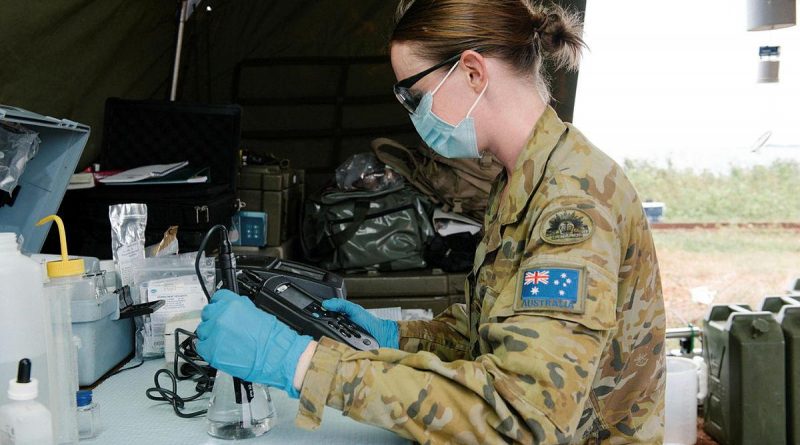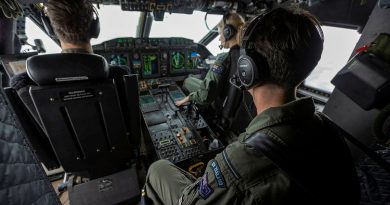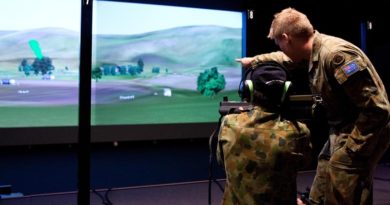Providing fresh water to Fijian communities

Engineers from Army’s 6th Engineer Support Battalion, deployed with HMAS Adelaide, used Army’s only heavy-water production plant to assist Fijians after more than 130,000 were left without potable water in the wake of one of the strongest cyclones recorded in the Pacific.
CAPTION: Captain Nicole Eltringham tests water from a desalination system in Vanua Levu on Operation Fiji Assist. Photo by Lieutenant Phillip Qin.
Army’s desalination system was previously during Operation Bushfire Assist on Kangaroo Island.
Lance Corporal Brogan Cowie said island communities such as Vanua Levu used rainwater tanks for their potable water supply.
“With the devastation that occurred, locals have had their rainwater tanks destroyed, or their water contaminated by chemicals and debris,” Lance Corporal Cowie said.
“Our water production plant can provide fresh drinking water from multiple sources.
“We are using the ocean to produce upwards of 100,000 litres in 24 hours.”
Lance Corporal Cowie said the team of engineers produced more than 900,000 litres.
Once the water was produced it was held in 22,500-litre staging bladders, then tested before being delivered to the communities.
Environmental Health Officer with 2nd General Health Battalion Captain Nicole Eltringham said she tested the water and was the only person authorised to release it.
“We conducted the test to the same standard as back in Australia,” she said.
“The testing process involved looking at physical, chemical and biological parameters that let me know if the water was safe.
“We won’t release any water that is not classified potable and safe to drink.”
Captain Eltringham said it was satisfying to help.
“Helping people to have access to secure drinking water is rewarding,” she said.
“To be able to provide this and make a difference really is a wonderful feeling.”
.
.

.
.





